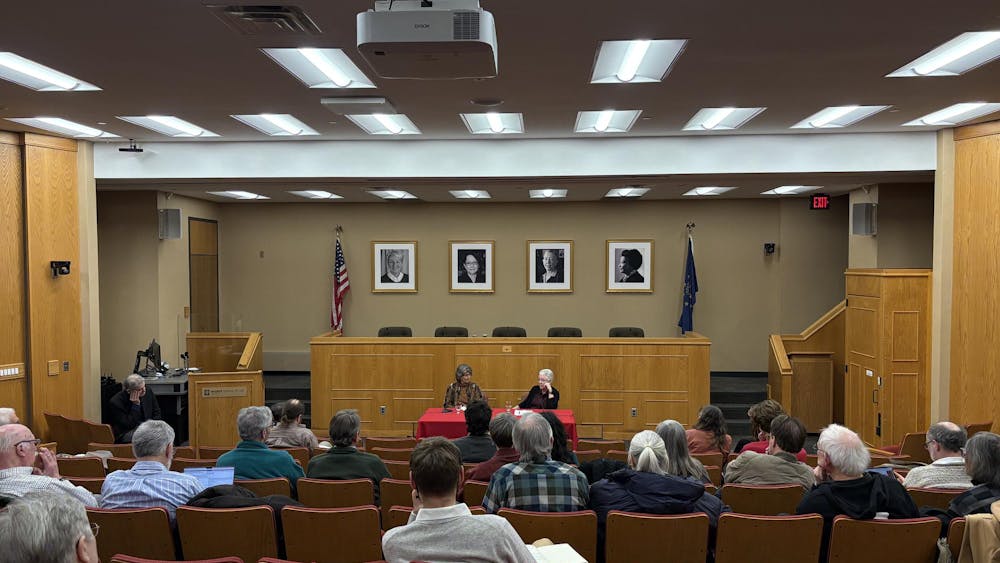YAKIMA, Wash. -- Hospitals across the country are desperate for nurses like Tracey Rasmussen, a 34-year-old mom with a warm, down-to-earth bedside manner and a 3.9 grade point average.\nThere's a nationwide shortage of nurses, as anyone who's spent time in a hospital lately knows. And by 2020 that shortage is expected to grow to more than 800,000 nurses nationwide, according to projections by the U.S. Department of Health and Human Services.\nBut the problem isn't finding people who want to be nurses; it's getting them into nursing schools.\nRasmussen was rejected twice from nursing school -- one of thousands of qualified people turned away from the profession each year because nursing colleges lack space, faculty and funding.\n"It was so frustrating," said Rasmussen, who was finally accepted into Washington State University's Yakima nursing program. She has a job waiting for her in a hospital maternity ward when she graduates in May.\nU.S. nursing schools turned away nearly 6,000 qualified applicants last year, according to a survey by the American Association of Colleges of Nursing.\n"Some of them will reapply. Some of them go to other schools, community colleges and private schools. A significant pool will be lost to nursing," said Washington State University College of Nursing Dean Dorothy Detlor, whose program rejects two-thirds of its qualified applicants each year. "It's a serious problem across the country."\nA new federal law, the Nursing Reinvestment Act, expands scholarships for student nurses, offers grants for nursing schools and includes loan forgiveness programs for nurses who earn advanced degrees and become teachers.\nNursing educators applaud the law, but are waiting to see if Congress puts money behind it. The House Appropriations Committee will determine funding next year.\nTimes have changed. Today, even in a struggling economy, college graduates get multiple job offers with starting salaries of up to $60,000 in some areas.\n"We've gotten the message out there that nursing is an exciting career," said Kathleen Ann Long, Dean of the College of Nursing at the University of Florida and president of the American Association of Colleges of Nursing. "That's the good news."\nThe bad news is there's not enough faculty to teach them.\nNurses are in such high demand that they invariably must take a pay cut to teach. A 2001 survey found that nurses with master's degrees earn an average of $24,000 more in practice than they do teaching.\n"The universities are just not able to compete," said Johnie Mozingo, associate dean of Academic Affairs at the University of Tennessee College of Nursing, which rejected half its nursing applicants this year.
Lack of educators causes shortage of nurses
Get stories like this in your inbox
Subscribe





